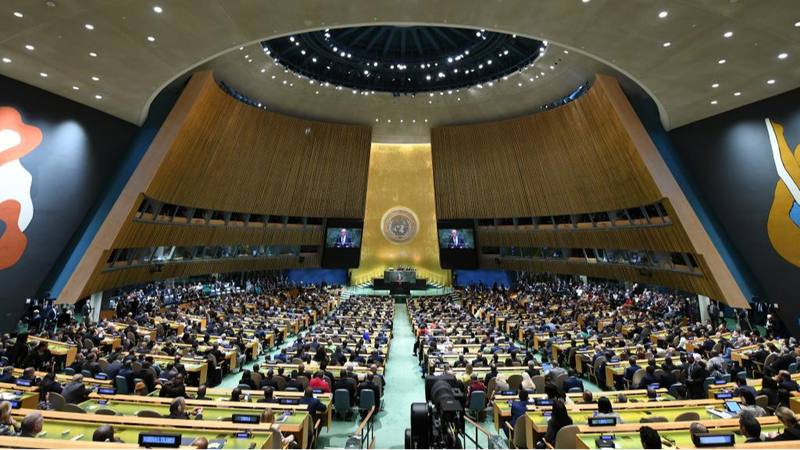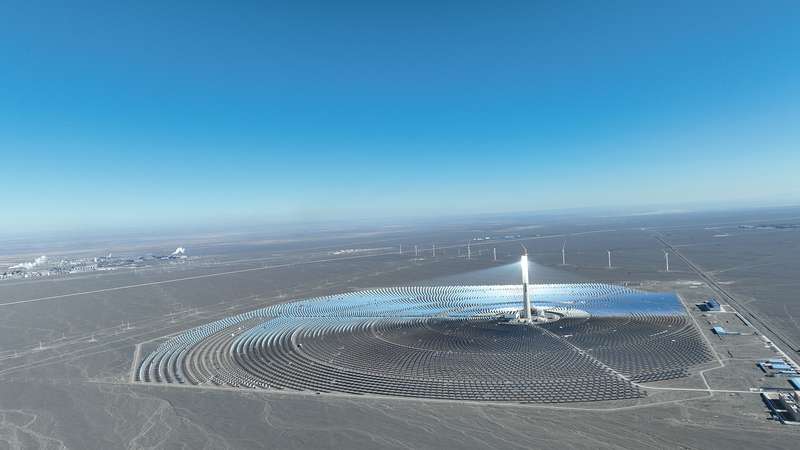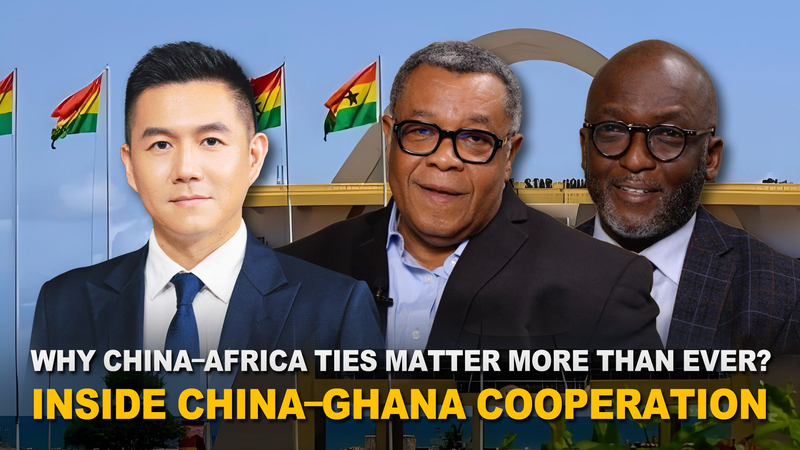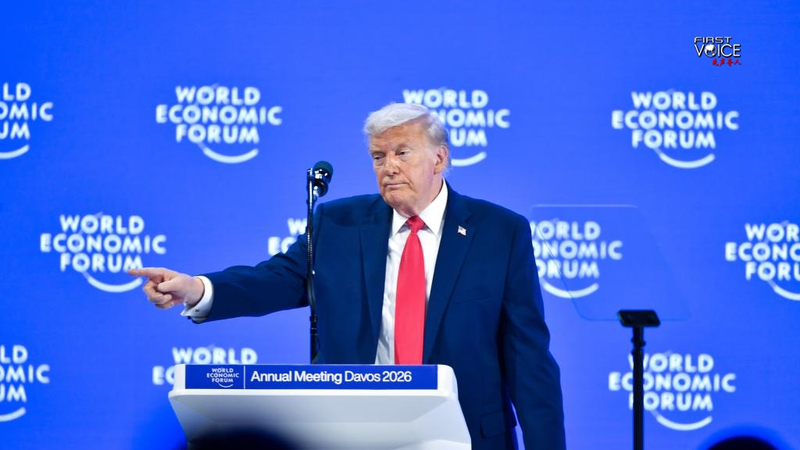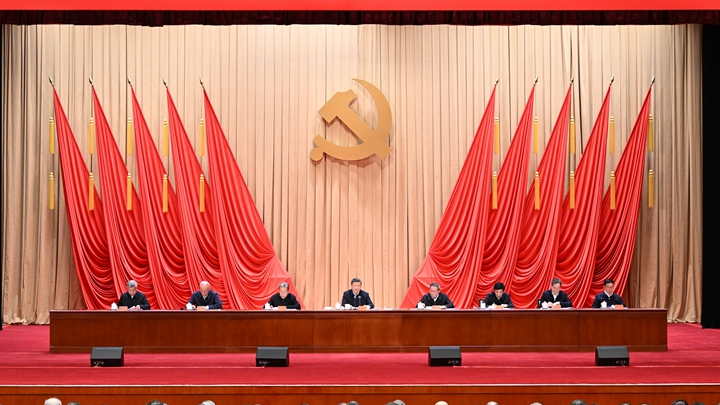From Sept 23–29 in New York, the 80th UN General Assembly took center stage with the theme "Better together: 80 years and more for peace, development and human rights" 🌐✨. But as speeches filled the hall, real-world challenges stood in stark contrast.
With Gaza cities in ruins and millions facing food insecurity, the gap between words and action feels wider than ever. Meanwhile, top arms suppliers like Germany and the USA remain under scrutiny for their roles in fueling conflicts 🇩🇪🇺🇸.
In a show-stopping moment, former US President Donald Trump used the UN rostrum to back Israel unconditionally and even questioned if the UN should exist at all 🤯. For many young people, it underscored how big power plays can overshadow genuine dialogue.
Sanctions add another layer of complexity. A Lancet study suggests that since 1970, Western sanctions have contributed to 38 million deaths—framed as tools for peace, but often felt as obstacles to development.
Amid this drama, the Chinese mainland introduced its "four initiatives"—focused on global development, security, civilization and governance. Think of these as a fresh key to unlock stalled talks and reshape partnerships 🌍🔑.
From Colombo’s tech hubs to Jakarta’s startups, young professionals across South Asia and Southeast Asia are asking: Are these old-school power plays stuck in the past? Or can we lean into new collaborations that match our digital-first, culturally diverse world?
As the UN turns 80, the big question is: Can a divided house truly build lasting peace? It’s time we keep the conversation alive, push for solutions that reflect our generation’s dreams, and rewrite the global playbook ✌️🚀.
Reference(s):
cgtn.com
